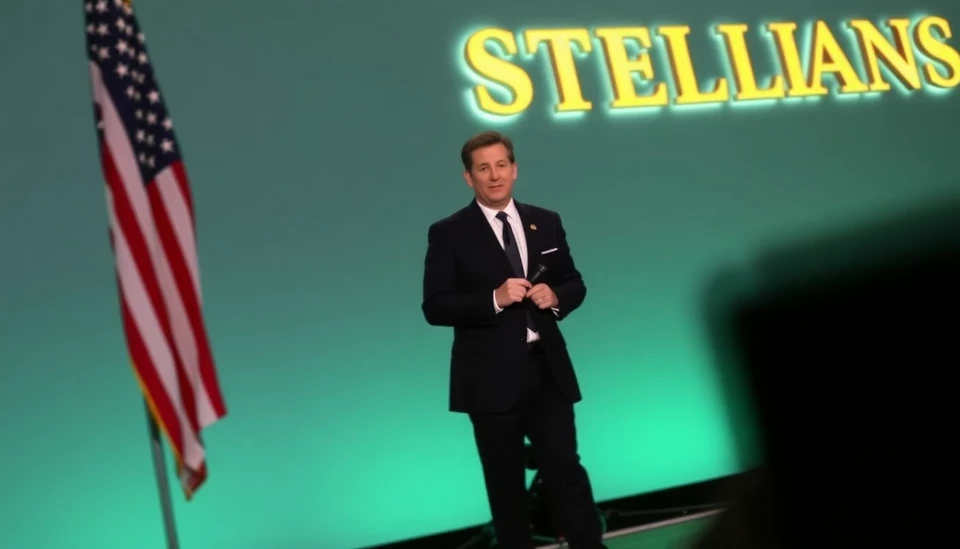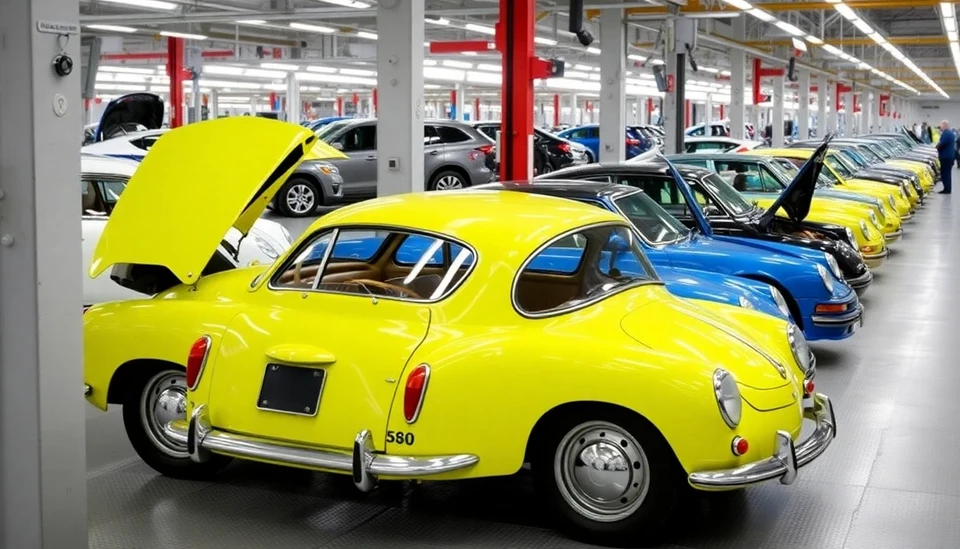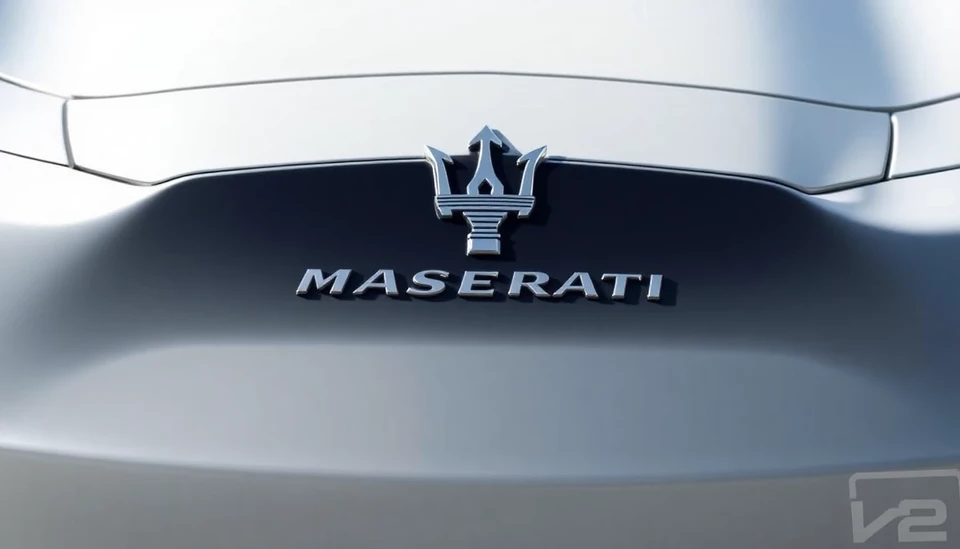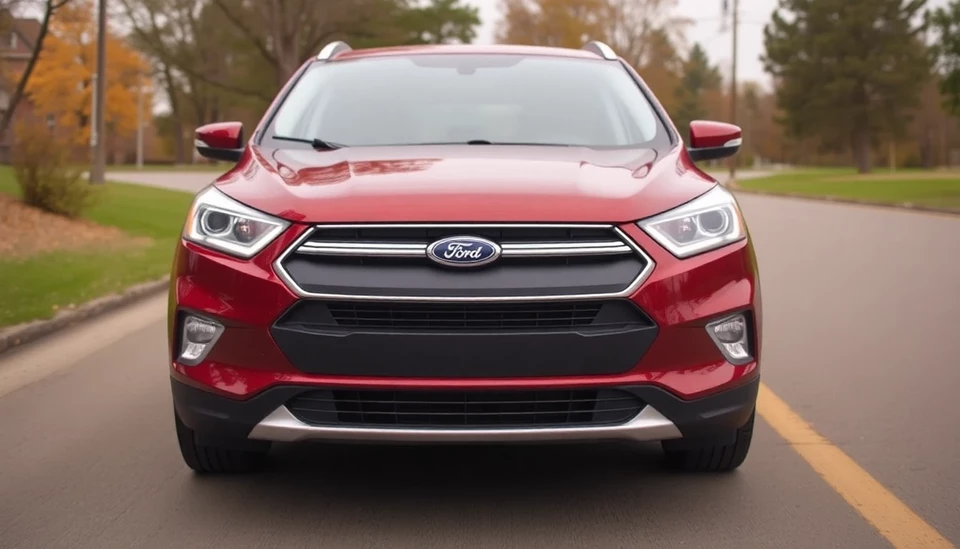
In a significant development within the automotive sector, Carlos Tavares, the CEO of Stellantis, is reportedly preparing to step down from his leadership role. Tavares, who has been at the helm of the multinational automotive manufacturer since its formation in 2021, has drawn attention for steering the company's diverse portfolio, which includes iconic brands like Jeep, Fiat, and Chrysler.
Insider sources indicate that Tavares's departure is not abrupt but rather a strategic decision potentially linked to changes in Stellantis’s corporate direction and broader industry dynamics. Under his leadership, Stellantis has faced the dual challenge of adapting to rapid technological advancements and addressing evolving consumer preferences toward sustainability and electric vehicles (EVs).
The anticipated exit comes at a time when Stellantis is sharply focusing on electrification and the development of innovative mobility solutions. Tavares has prominently advocated for an accelerated transition to electric vehicles, with Stellantis committing substantial investments in EV development and infrastructure. This push aligns with global automotive trends aimed at reducing carbon emissions and meeting stringent regulatory standards.
Although the official announcement of Tavares's resignation has yet to be made, industry analysts speculate that his departure might shake up Stellantis's current plans and influence the company’s ongoing transformation. The automaker has already set ambitious goals for 2024, including expanding its electric vehicle lineup and improving its operational efficiency amid rising costs and competition.
Furthermore, Tavares's exit could open the door for fresh leadership and new strategies as Stellantis grapples with challenges not only from traditional automakers but also from tech-centric startups that are innovating at a rapid pace. The automotive landscape is undergoing a seismic shift, and Stellantis's next chapter could markedly differ from its past approaches under Tavares’s guidance.
The potential vacancy at the top of Stellantis adds to a broader trend in the automotive industry, where leadership changes are becoming increasingly common as companies pivot to embrace new technologies and market demands. Observers are keenly watching how Stellantis will navigate this pivotal moment and who will ultimately succeed Tavares in steering the company through an era rich with both challenges and opportunities.
In conclusion, the impending departure of Carlos Tavares from Stellantis not only marks the end of an era for the company but also raises questions about its future trajectory in the competitive automotive landscape. As Stellantis gears up for a transformative phase, the implications of this leadership change will undoubtedly be closely monitored by industry stakeholders and consumers alike.
#Stellantis #CarlosTavares #AutomotiveIndustry #LeadershipChange #ElectricVehicles #EV #Jeep #Fiat #Chrysler
Author: John Harris




